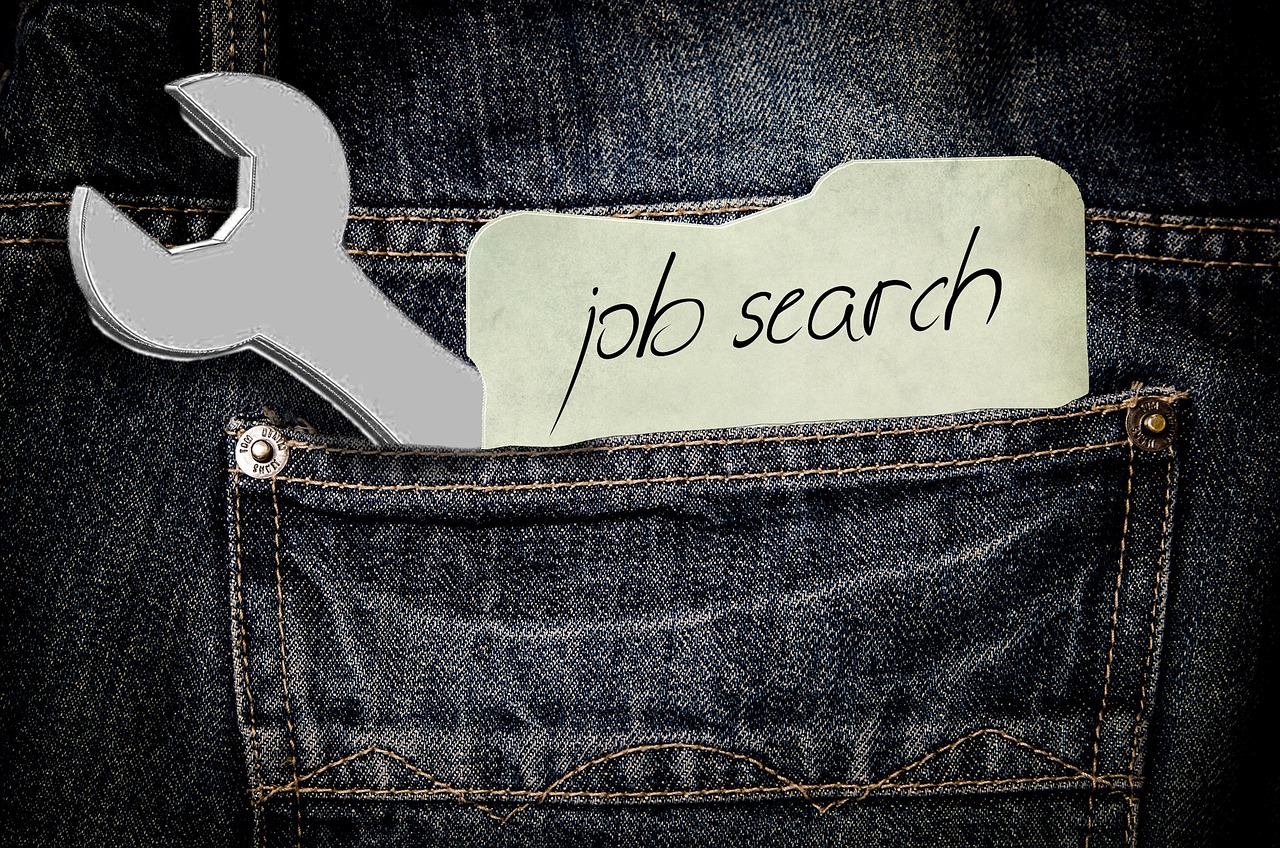Walmart was once a small business with a single store. After proving he could build a profitable business for five consecutive years selling products at lower prices, Sam Walton and his team expanded by replicating the business model in different locations in the city, country and internationally.
Facebook was once a startup. After validating the social networking business model in Harvard, Marc Zuckerberg and his co-founders expanded to new universities, cities and countries by building a scalable web app that served users around the clock.
Facebook and Walmart had one thing in common, they both built a product people loved. But their journey was different. Understanding how and why building startups is different from small businesses will help you make wiser decisions. Here are the most important differences you need to know.
1. Business Model
A small business executes on a business model since day one. For instance, in the case of Walmart, retail stores existed for centuries. Sam Walton successfully executed on the retail model while differentiating his business through lower prices. This is not the case for startups.
Launching a startup is a process during which the founders attempt to search and validate a business model first before they can execute on it. You may have heard the terms iterations and pivots. They refer to when your idea and plans change during the business model search period. To understand why, remember that startups leverage technology to innovate. In its simplest definition, innovation is synonymous with “new” and everything that is new needs testing, validation, adjustments and adaptation.
Perhaps one day startups that replicate business models will be treated more like a small business especially if they become geographically focused. Today, launching a startup with a small business mindset will most likely lead to failure.
Sam Walton started by purchasing a branch of the Ben Franklin stores and signing a 5-year lease on the location. He then partnered with lower cost suppliers to be able to undercut competitors. The store started making money since day one.
If Facebook followed the same path, Zuckerberg would have started with a much more advanced version than the product he built in about one month. Unlike Walmart, every new addition to Facebook was based on a hypothesis, a guess. The more guesses you make, the luckier you need to be to get it right. Not that Facebook wouldn’t or couldn’t have been successful if Zuckerberg aimed bigger since the beginning, but data shows most startups fail this way.
The lesson learned here is, as a startup founder remember that you don’t have a business until you have a business model. It takes time to validate the model because it’s not just about figuring out how to serve the user. Many startups fail even though their direct competitors with the same business model are growing faster than ever. The challenge is in finding the right mix of pricing, positioning, segmentation, differentiation and product delivery. As such, launch and validate quickly, build rapidly and grow cautiously.
Related: Jessica Livingston: Why Startups Need to Focus on Sales, Not Marketing
2. Revenue Model And Profits
Startups answer, how will you make money and will you make a profit? Small businesses answer, when can you make a profit? In other words, just like the business model, startups must first figure out the right revenue model and make sure it will make money. Whereas, by definition, small businesses are created to make a profit since the beginning.
If you open a restaurant and don’t make money for three consecutive months, chances are your business is failing. If you launch a startup and don’t make money in your first year, you are probably among 99% of new startups. This validation period is another reason why launching a startup is different from starting a small business.
On paper, small businesses are wiser investments. They are less likely to fail, they make money sooner and don’t require the degree of startup validation. What’s unique about startups that small businesses can’t easily accomplish is scale. For example, when WhatsApp was acquired by Facebook for over $19 billion, it only had 55 employees and served hundreds of millions of users.
In conclusion, the main goal of a startup is to search for a repeatable and scalable business model powered and automated by technology. Launching a startup with a small business approach means you’ve found this repeatable and scalable model. This assumption is why most startups fail. It’s not worth burning stages.
Read More:
-
How To Launch A Profitable Startup In 2020
-
7 Steps to Successfully Launch a Product
-
How Entrepreneurs Can Disrupt Multibillion Dollar Industries
-
4 Warning Signs Of A Business That’s Destined To Fail
Source: Forbes










